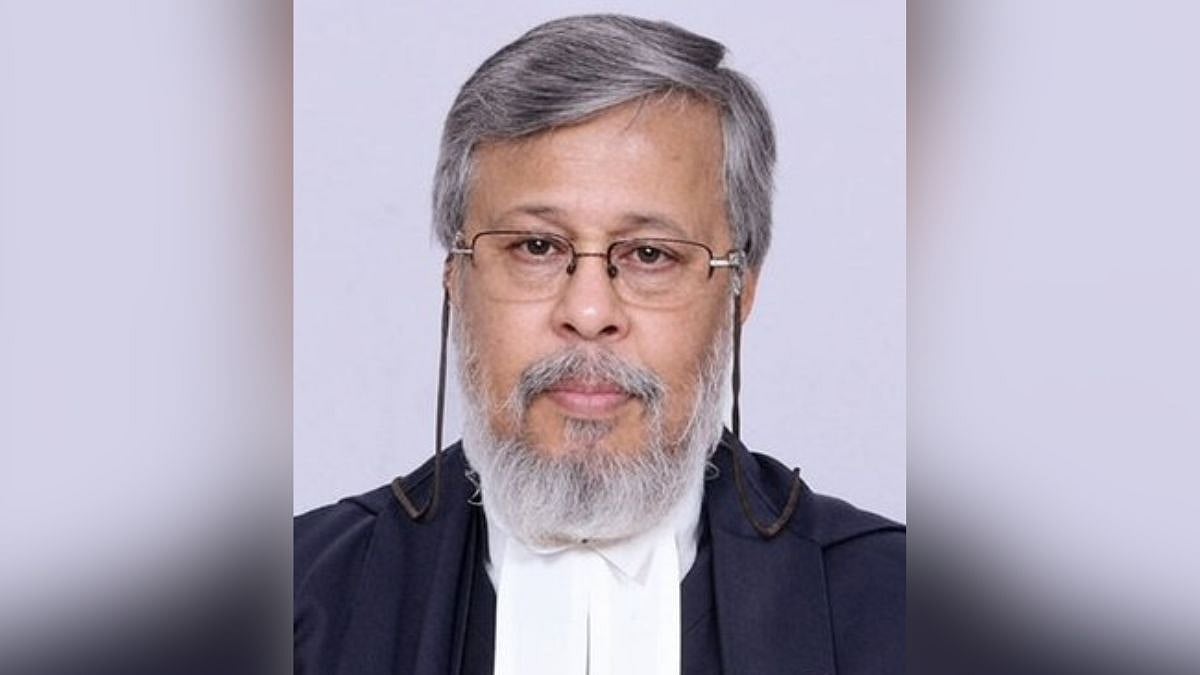Who Was Judge Tarun Agarwala? Former Meghalaya HC Chief Justice & Ex-SAT Presiding Officer Passes Away |
New Delhi: Former Meghalaya High Court Chief Justice and ex-presiding officer of the Securities Appellate Tribunal (SAT), Tarun Agarwala, passed away in the early hours of March 29 following a heart attack. Despite all efforts to revive him, he could not be saved. His demise marks the loss of a distinguished legal mind who contributed significantly to the Indian judiciary.
Who Was Justice Tarun Agarwala?
Justice Tarun Agarwala pursued his Bachelor of Arts from Allahabad University in 1978 before obtaining a law degree from the University of Allahabad. He enrolled as an advocate on December 9, 1981, and built an esteemed legal career at the Allahabad High Court. Specialising in civil law, constitutional law, taxation, labour disputes, corporate affairs and testamentary matters, he gained a reputation for his legal acumen.
Juctice Agarwala’s Judicial Career
Justice Agarwala was appointed as an Additional Judge of the Allahabad High Court on January 7, 2004. He was later sworn in as a Permanent Judge on August 18, 2005. His judicial career took him to the Uttarakhand High Court, where he briefly served as the Acting Chief Justice from September 25 to November 29, 2009.
After his tenure in Uttarakhand, he returned to the Allahabad High Court, where he resumed his role as a judge on October 17, 2012. On February 12, 2018, he was transferred to the Meghalaya High Court, where he took oath as the Chief Justice.
Role In Securities Regulation
Following his retirement from the judiciary, Justice Agarwala was appointed as the presiding officer of the Securities Appellate Tribunal (SAT) in 2018. In this role, he played a crucial part in handling appeals related to securities laws, investor protection and financial regulations, overseeing critical cases concerning market participants and regulatory actions.
A Respected Legal Luminary
Throughout his career, Justice Agarwala was known for his commitment to upholding justice and legal integrity. His contributions spanned various high courts and regulatory bodies, leaving a lasting impact on India’s legal landscape.
